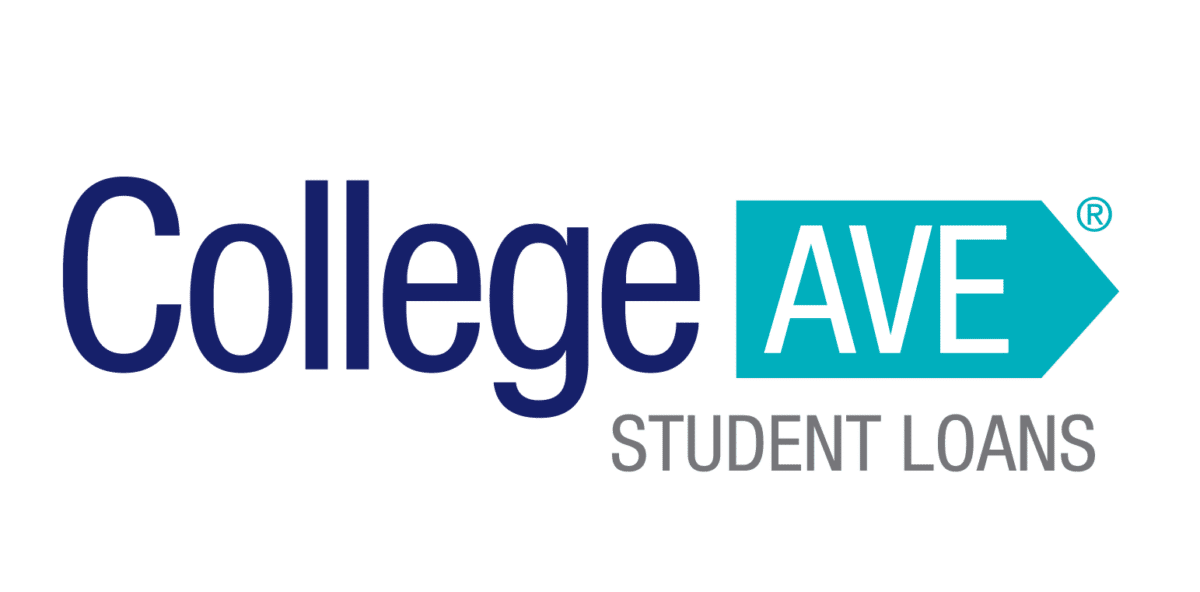
Although the long-term rewards can be worth the upfront costs, a college education is an expensive undertaking with tuition costs rising each year. As an undergraduate student, it’s a good idea to explore all of your financial options as you figure out how to pay for college.
There are many resources available to help you pay for the education you desire. Let’s explore all of the options that you might have at your disposal.
How to pay for college: 7 ways
Are you gearing up to pay for a college education? Here are seven top ways to help when paying for college.
1. Fill out a FAFSA
As you look for ways to fund your college costs, the Free Application for Federal Aid (FAFSA) should be your first stop. The FAFSA is required by most public colleges and opens up the door to several federal financial aid award opportunities. These include:
- Scholarships. Many scholarships use the information provided in your FAFSA to determine your eligibility. Scholarships you can qualify for through your FAFSA include school-sponsored scholarships, for example.
- Grants. Based on the information you provide, you might qualify for state and federal grants through this form. For example, you could qualify for the federal Pell Grant through this application.
- Federal loans. The government determines your eligibility for all types of federal loans for undergraduates at a fixed interest rate through this form. You might be able to tap into both subsidized and unsubsidized federal student loans to cover your educational costs.
- Federal work-study programs. Finally, you can qualify for work-study opportunities, a form of federal student aid, through the FAFSA.
The FAFSA offers access to many different funding opportunities based on your financial need. Take time to fill it out as soon as it’s available for your school year, and submit your FAFSA by the deadline. It never hurts to see if you can qualify for scholarships, grants and other financial aid awards.
Federal student loan opportunities can serve as a relatively affordable way to fund your education, compared to private student loans due to lower, fixed interest rates.
2. Private scholarships
As a prospective student looking to pay for college expenses, you might be surprised to know that there are hundreds of scholarship opportunities out there. Although it’s time-consuming to apply for scholarships, it’s a useful way to pay for college.
Be wary of scholarships that require application fees. Some of these so-called scholarships are scams that don’t award scholarship funds at all, and only seek to collect application fees from unsuspecting students. There are plenty of free scholarship opportunities out there so focus on those instead.
Not sure where to start your search? Consider talking to your advisor to see if there are any scholarships available from your chosen school. You can also use scholarship search tools, like Scholarships.com or BigFuture to explore your opportunities.
3. Independent grants
In addition to scholarships, there are also many grant opportunities available to motivated students. The great thing about grants is that, like a scholarship, you aren’t required to repay the funds.
The financial aid office at your school can point you toward some grants that you might qualify for. Many grants are awarded based on your merit so it pays off to do well in school.
4. Forgotten funds
Although this might be unlikely, it’s possible that your parents or grandparents have a college savings fund stashed away somewhere. It never hurts to ask for help. You might be surprised that there’s a savings account collecting dust in a forgotten corner with your name on it.
Also, consider hunting around for any hidden funds of your own. You might’ve received savings bonds as a child, but never cashed it in. It might be time to dust off those savings bonds and use them to pay for college.
5. Parental support
In some cases, your parents might be able to help you pay for college. As you approach this next step in your life, consider having a conversation about potential parental support while in college.
Remember that every little bit helps. For example, if your parent can’t afford your entire tuition bill, perhaps they might be willing to cover your cell phone bill or other living expenses while in school.
Keep reading: Parents Paying for College: Alternative Ways to Support Your Student
6. Part-time job
Although you might not have time for a full-time job as a student, a part-time job can help you pay for college. Luckily, there are many student-friendly jobs both on-campus and off-campus.
As you begin to apply for jobs, look for opportunities that won’t interfere with your studies too much. If possible, look for a part-time job in your field of study. It can help you build important skills for your resume while earning a paycheck that makes paying for college manageable.
7. Private student loans
Private student loans should be a last-resort option. But if you need help paying for college and have exhausted your other options, private student loans can step in to save the day.
Of course, you should be careful before making the decision to take out a private student loan. Private student loans often come with less favorable terms, compared to federal loans, and can have higher interest rates, especially if you have bad credit. Plus, you won’t have federal benefits, like federal student loan forgiveness or income-driven repayment options.
The good news is that there are a few types of private loans available to undergraduates. You can choose to apply for private student loans with either a fixed or variable rate. The right choice depends on your unique financial circumstances.
If you decide to apply for a private student loan, take the time to compare private student loan rates. It’s possible to save thousands of dollars over the life of your loan, if you qualify for a competitive rate.
| Lender Name | Lender | Offer | Learn more |
|---|---|---|---|
| Sallie Mae |

|
Competitive interest rates.
|
Fixed 4.50 - 15.69%
Variable 6.37 - 16.78%
|
| Earnest |

|
Check eligibility in two minutes.
|
Fixed 4.67 - 16.15%
Variable 5.87 - 18.51%
|
| Ascent |

|
Large autopay discounts.
|
Fixed 4.09 - 14.89%
Variable 6.22 - 15.20%
|
| College Ave |

|
Flexible repayment options.
|
Fixed 4.07 - 15.48%
Variable 5.59 - 16.69%
|
